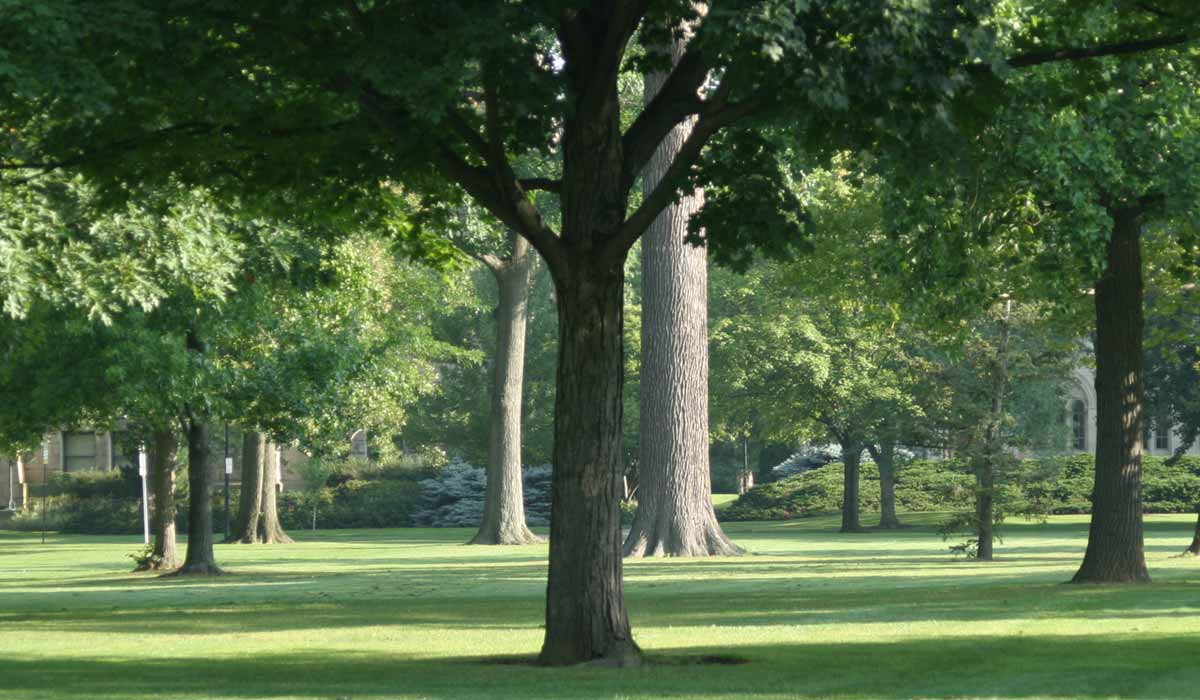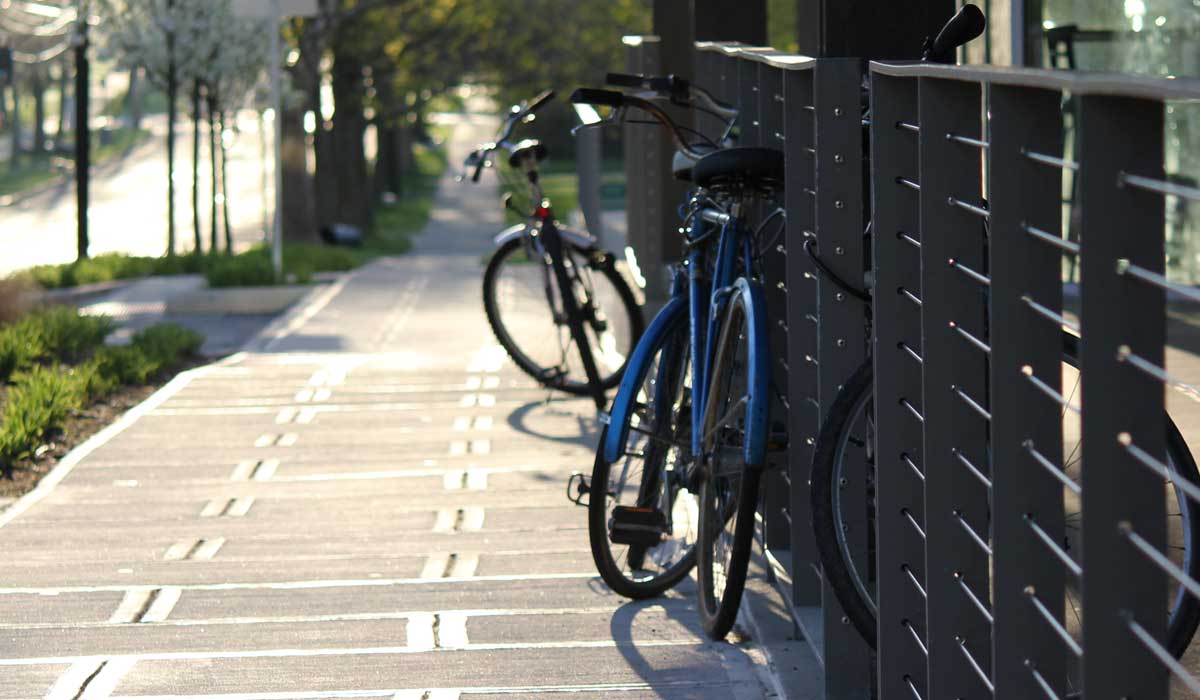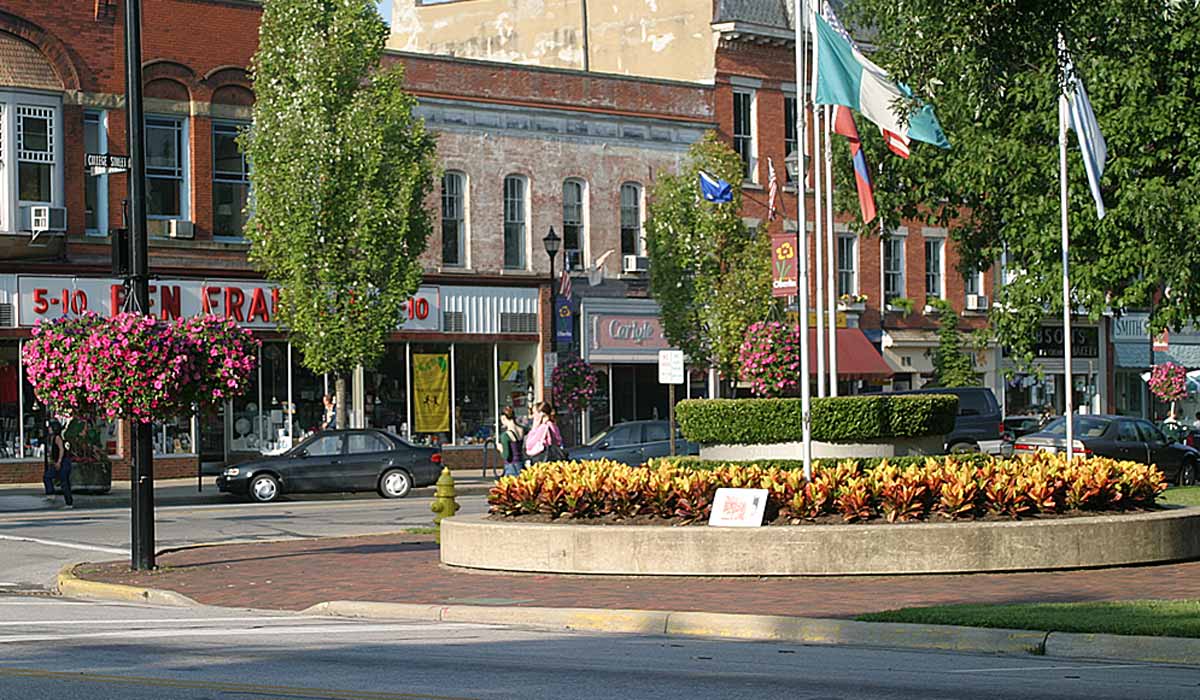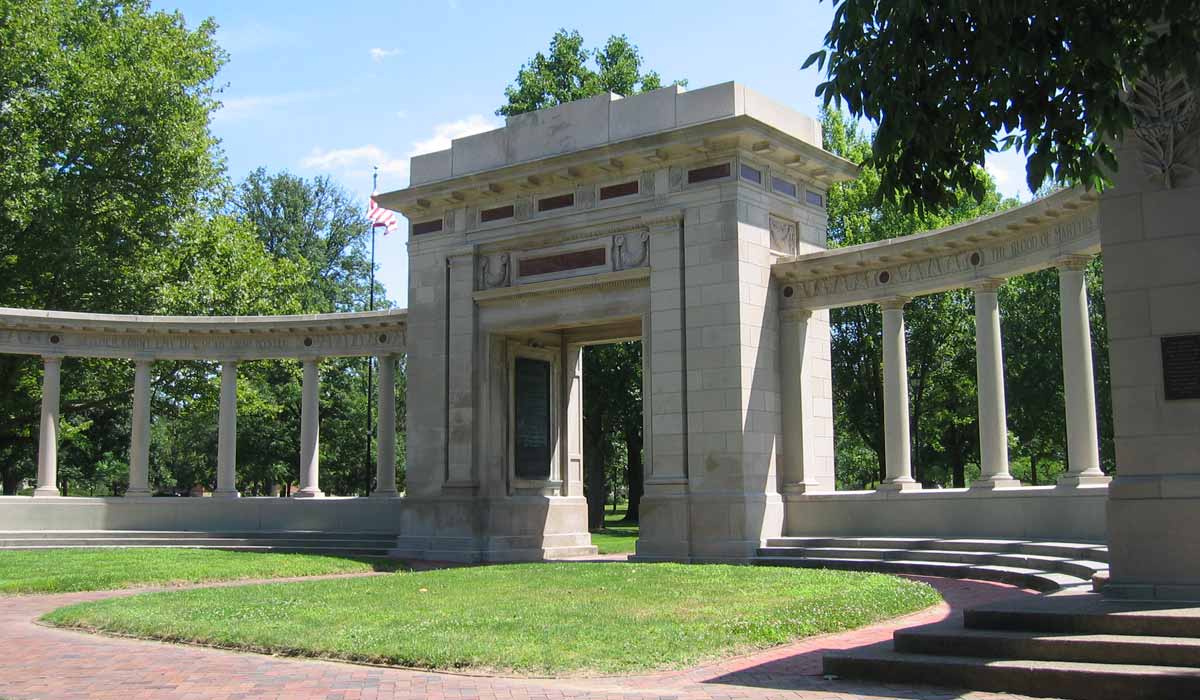Our Commitment: Education for Sustainability
The Oberlin Project is committed to educating students and the community to take action to help change the world for the better, both collectively and individually.
The education initiative is guided by representatives of four educational bodies: Oberlin City School District; Lorain County JVS Career-Technical High School; Lorain County Community College; and Oberlin College.
Education for sustainability requires active learning and is holistic, interdisciplinary, and inclusive of the school experience, how the school experience affects the community over time, and reaches out to extend learning opportunities to the community. Achieving sustainability requires responsible and involved citizens who make ethical choices for sustainability and share a commitment to social justice.









